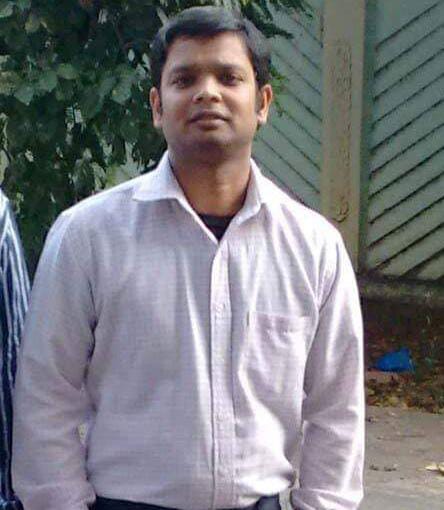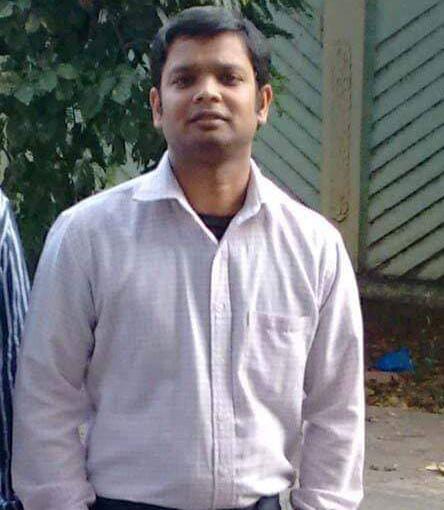
- Trending Categories
 Data Structure
Data Structure Networking
Networking RDBMS
RDBMS Operating System
Operating System Java
Java MS Excel
MS Excel iOS
iOS HTML
HTML CSS
CSS Android
Android Python
Python C Programming
C Programming C++
C++ C#
C# MongoDB
MongoDB MySQL
MySQL Javascript
Javascript PHP
PHPPhysics
Chemistry
Biology
Mathematics
English
Economics
Psychology
Social Studies
Fashion Studies
Legal Studies
- Selected Reading
- UPSC IAS Exams Notes
- Developer's Best Practices
- Questions and Answers
- Effective Resume Writing
- HR Interview Questions
- Computer Glossary
- Who is Who
Mukesh Kumar has Published 2035 Articles

Mukesh Kumar
358 Views
The Mineral Conservation and Development Rules (MCDR) provide standards to ensure that mining is done on a scientific basis while also protecting the environment. The requirements for filing and reporting in relation to prospecting, mining plan applications, and reconnaissance operations are likewise governed by the MCDR. These regulations also outline ... Read More

Mukesh Kumar
135 Views
The trademark will be published in the Trademarks Journal after the examination of our trademark has been completed and it has been determined that our trademark meets the requirements for registration. The publication of a trademark in the Journal serves the goal of providing any interested third party with the ... Read More

Mukesh Kumar
973 Views
The Mineral Concession Rules (MCR) specify the processes and criteria for acquiring a prospecting license and mining lease. According to these rules, a "mining plan" must include, among other things, a map of the area indicating water sources, the boundaries of forest areas, the density of trees, the impact of ... Read More

Mukesh Kumar
375 Views
Veto power is the ability of a person or group to unilaterally stop or prevent an action or decision from being taken. In most cases, the power of veto is held by a single person or organization, such as the President of a country. The use of veto power can ... Read More

Mukesh Kumar
175 Views
India is a democratic country. Our country needs certain bodies to control it in order to work properly. There are three primary bodies of power. They are the executive, legislative, and judicial branches. This essay will concentrate on the third body, the judiciary. The Judiciary's tasks include interpreting laws and ... Read More

Mukesh Kumar
269 Views
Whip is general term that refers to a number of different things depending on the context. It can refer to a tool used for whipping or flogging, a type of aerobatic maneuver performed by aircraft, or the action of whipping or flicking a horse to make it move faster. It ... Read More

Mukesh Kumar
867 Views
In today's society, the rule of law is critical. People have given up their rights and entered into a contract with the government in exchange for protection from the government. Judicial review is the procedure through which the court declares invalid any statute that violates the constitution. Branches of Government ... Read More

Mukesh Kumar
751 Views
In the modern world, right to life and personal liberty is one of the most fundamental rights that almost every constitution of this world ensures to the citizen of respective country. It is a natural right that every citizen must have by default. Right to Life The creator of ... Read More

Mukesh Kumar
1K+ Views
Fundamental Rights are human rights granted to Indians. The Constitution initially established seven essential rights. The 44th Amendment removed the right to property from Part III of the Constitution in 1978. The 42nd Amendment to the Constitution introduced the Fundamental Duties of Citizens to the Constitution in 1976, based on ... Read More

Mukesh Kumar
5K+ Views
Education is definitely a fundamental right, necessary for a person's empowerment and the advancement of society as a whole. India has the world's highest proportion of illiterates. Although the government claims that our country's literacy rate is quickly growing, a large proportion of the individuals who are legally listed as ... Read More
